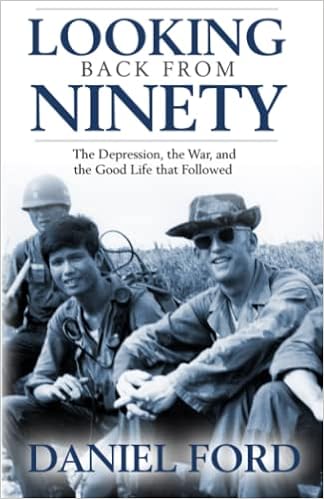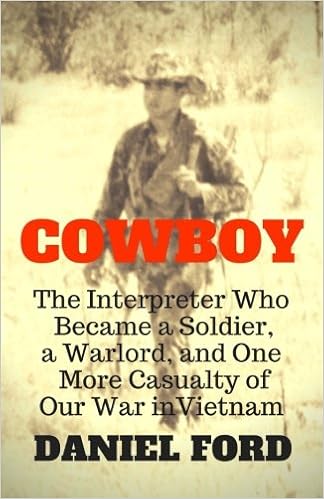When did the Cold War begin?
I stumbled upon the Group 1 discussion this morning, and there was a spirited exchange on the subject of the Cold War's beginning. E.g., was Bobbitt correct in dating it to 1914? (From his sub-title, if not his text, Crockatt would seem to date it 1941, but that probably had more to do with his publisher's need for a good title than with a considered analysis of beginnings.) But the Cold War by definition (Lippmann's definition!) is the post-WW2 armed standoff between the USSR and the US. Sure, its roots go back to 1944 and Stalin's refusal to let the western allies help the Polish Home Army in Warsaw, among other bits of nastiness. Maybe they go back to the British, American, and Japanese interventions in Russia after the Bolshevik revolution, though that would more likely justify a 1918 start date than 1914.
But those are only roots. All conflicts have roots. Should we argue that the Vietnam War (what the Vietnamese with greater precision call the American War) actually began in July 1945 when the allied leaders at Potsdam decided to divide French Indochina at the 16th parallel, the north to be occupied by the Chinese, the south by the British? The 1964-1972 war did indeed stem from that decision, but surely it didn't become The Vietnam War until US marines landed at Danang. (That photo of me, by the way, was taken in the U Minh Forest in May 1964. I was tagging along with an American sergeant and his captain, advisers to an ARVN battalion. They fired the odd angry shot, but they weren't from a country at war. That came later.)











4 Comments:
The question which springs to mind si when do the Vietnamese date the beginning of the war? Interesting, I don't really know. Academic convention is to refer to the First, Second, and Third Indo-China Wars, respectively the French and American wars and then the Sino-Vietnam War of 1979 (which is tightly connected with the Vietnamese invasion of Cambodia).
I admire Bobbitt's Long War thesis and reckon that he's quite right. It's not a coincidence that the White House is calling the war we're in now another Long War. Though maybe it should be considered a continuation of the previous one? There was no post-Cold War we just thought there was? Hmmmm.... food for thought.
Forty-two years ago I was bar-hopping in Saigon with Mark Diebolt USAF and Nguyen Hue VNAF. Hue was born in Hanoi in 1935; the Japanese occupied his home town when he was five; the Chinese replaced them when he was ten; when he was in high school the family had a trench behind the house, for shelter when the French bombers came over. Probably he regarded it as one long war.
He didn't treat it with much urgency. Once when Mark reminded him to get his rest because they had a mission scheduled for Monday, Hue said: "No. The VC will be here on Monday, but I don't know about my girlfriend."
Great story! That's experience talking.
Mark Diebolt. Why do I knwo the name Mark Diebolt?
Well, Mark was a featured character in Christopher Robbin's The Ravens: The Men who Flew in America's Secret War in Laos. I just now Googled him; I got no references that appear to refer to the USAF pilot, except for an article I wrote online. (His son Mark T. Diebolt Jr is evidently a prosecutor in Arizona!) Oh, here's one, mentioning him in Laos: http://www.pownetwork.org/bios/r/r356.htm
Post a Comment
<< Home